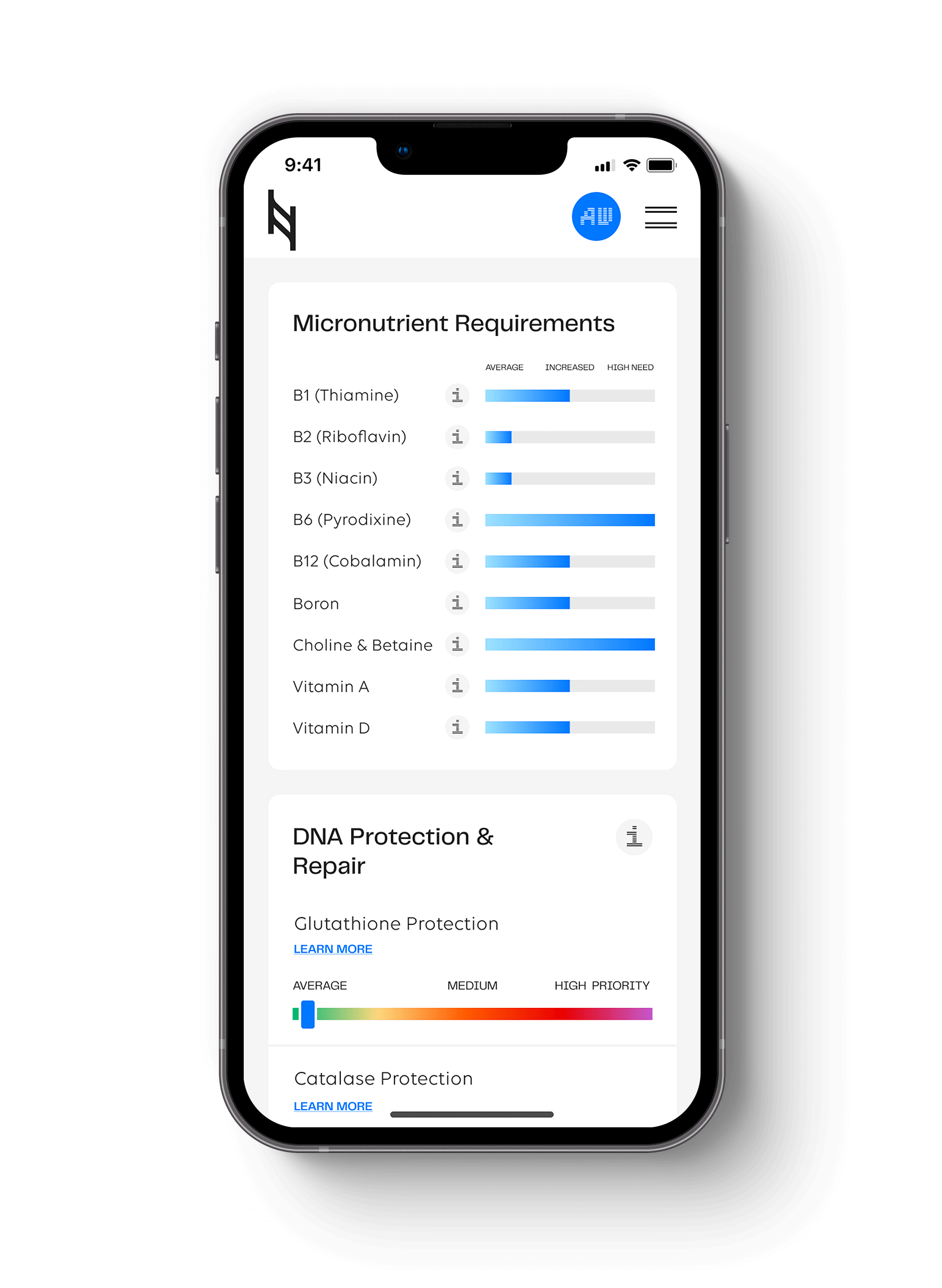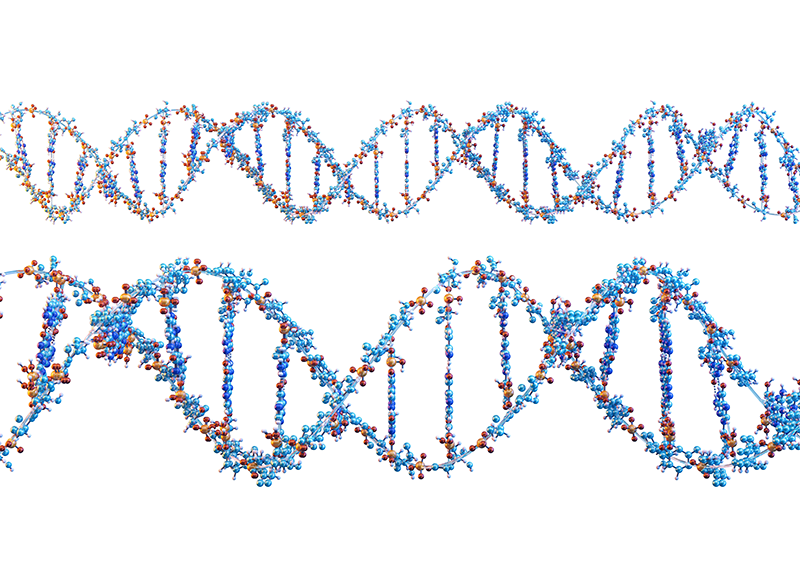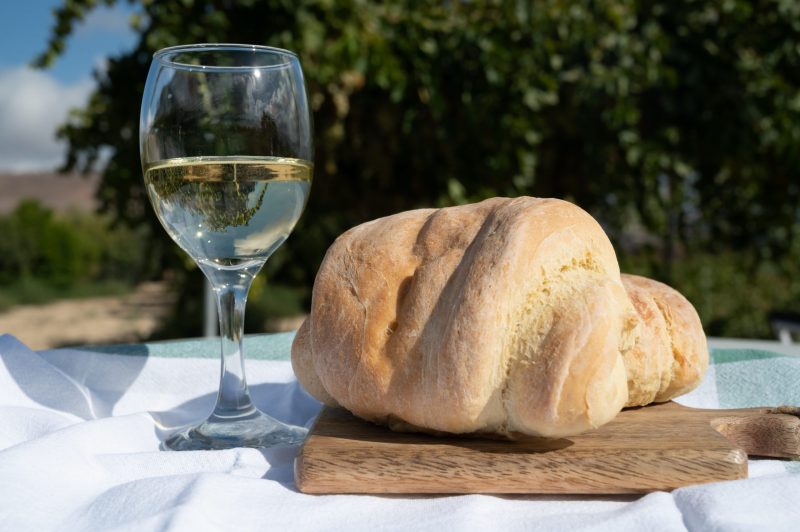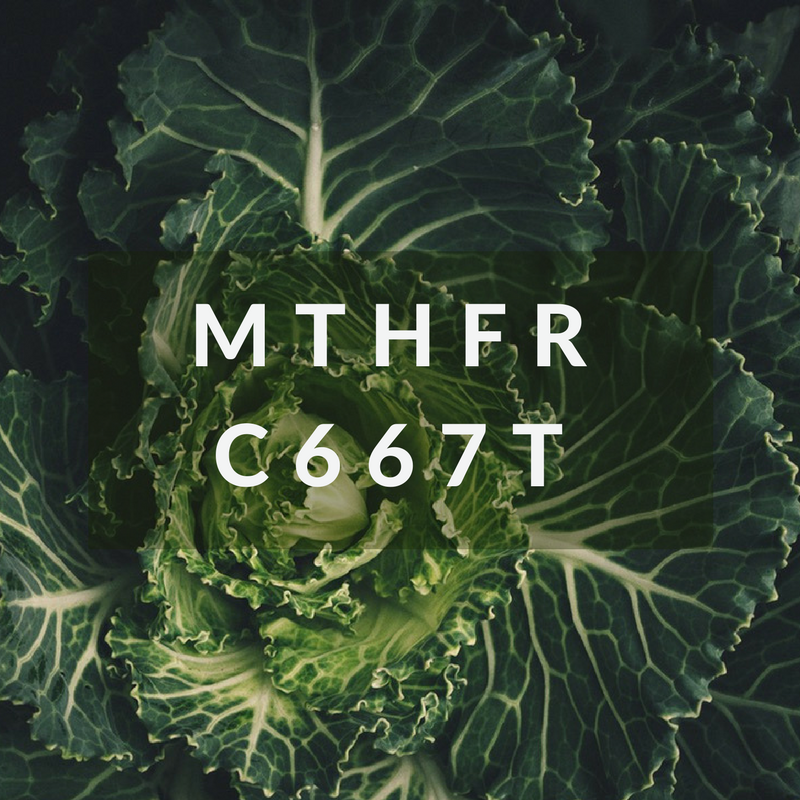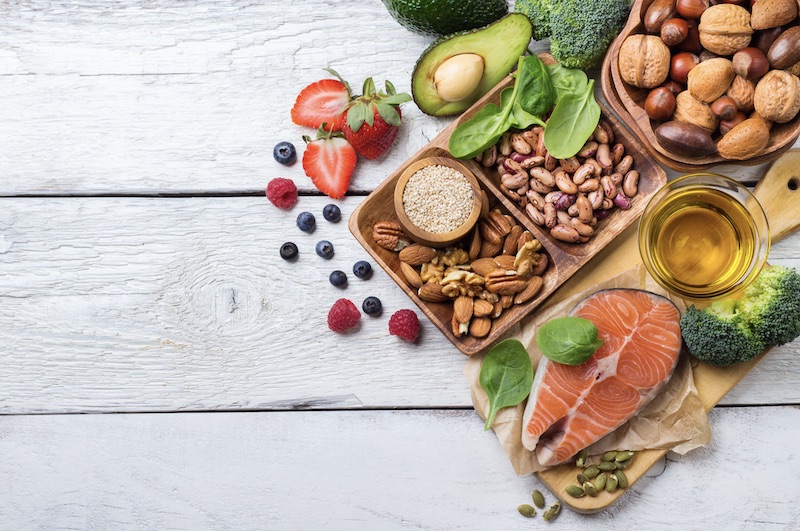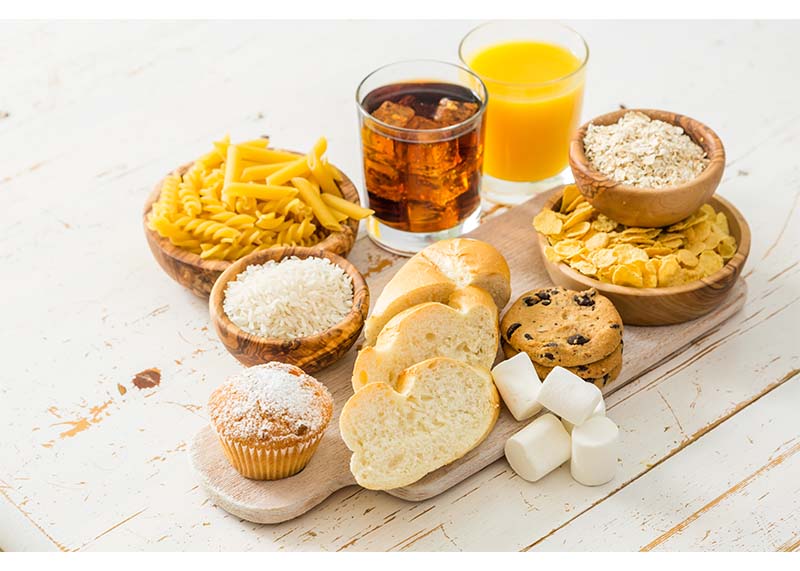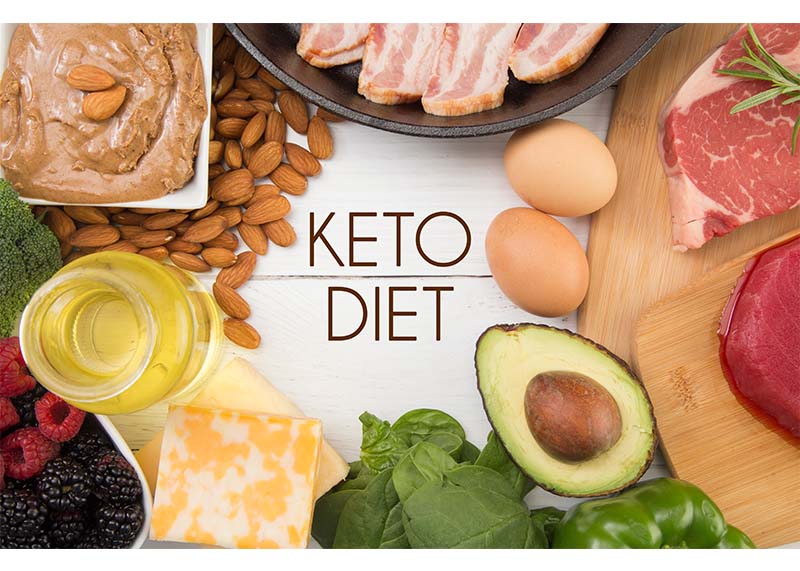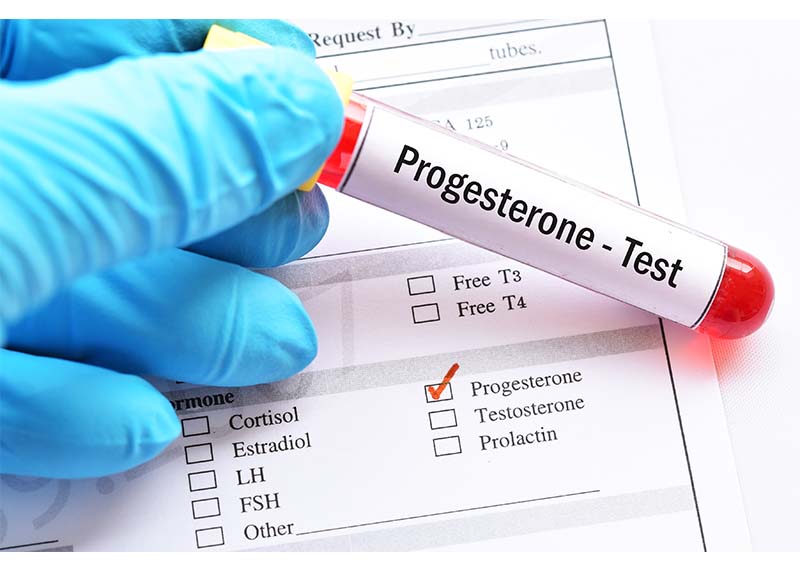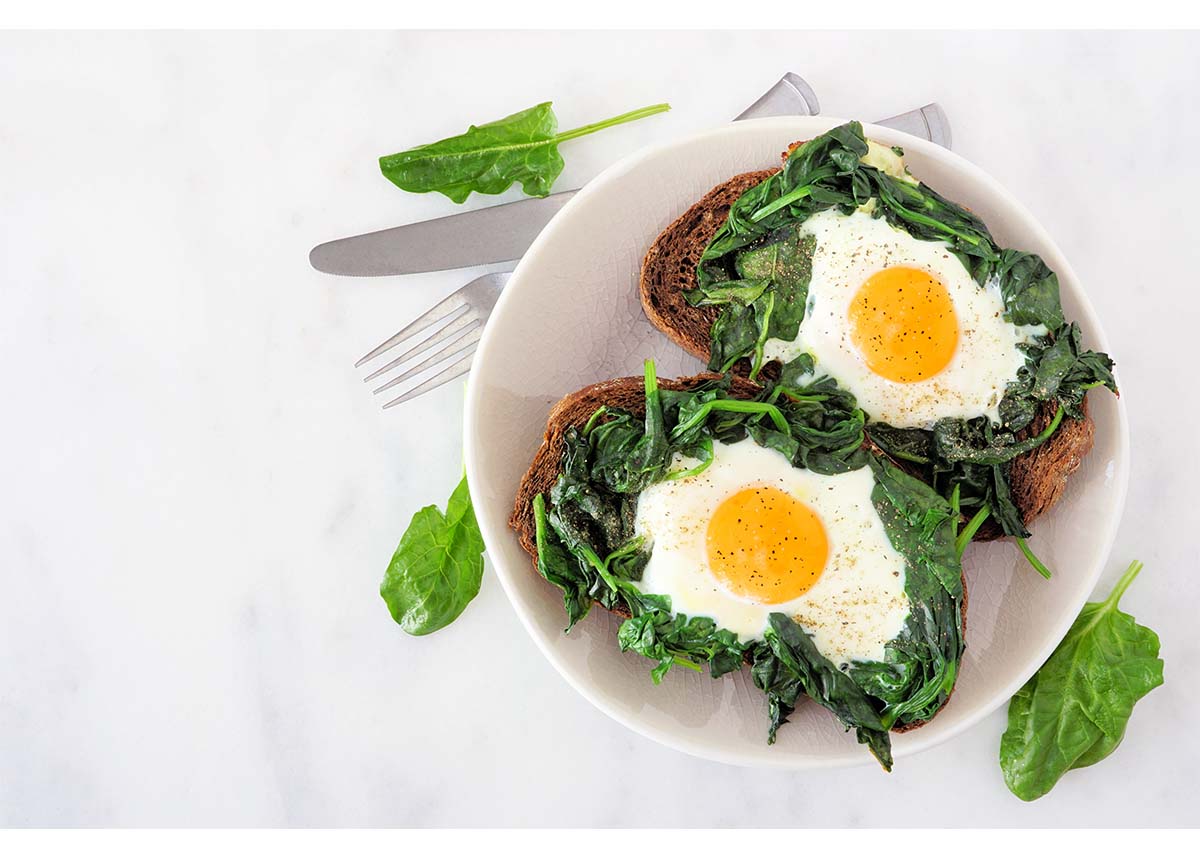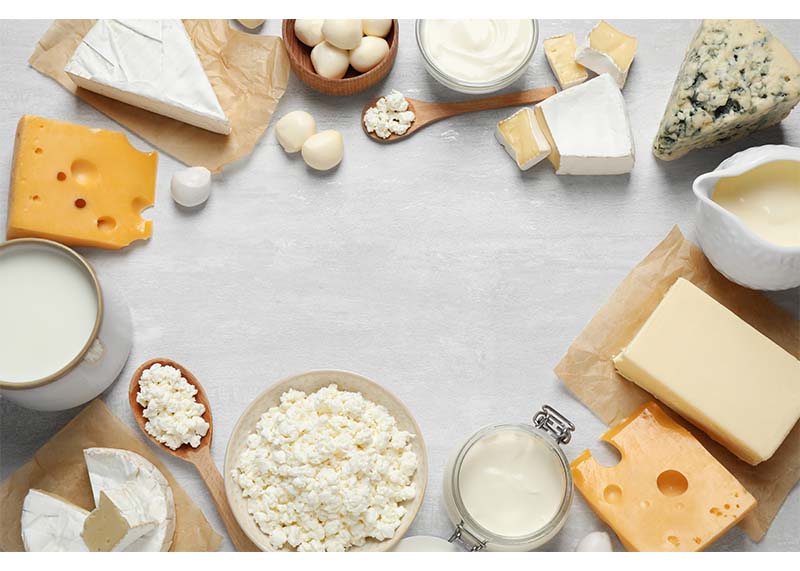Last week, we explored research on COVID-19 and a novel pathway to help push the scientific discussion towards strategies for reducing the severity of the virus on a global scale. This week, we are going to share guidelines for basic immunity so that you have a solid foundation.
There are many articles coming out with numerous claims regarding dozens of remedies and doses that may be helpful, but they could also be harmful. It is a “shotgun” approach, where an overwhelming amount of recommendations are being given and people do not know where to start. We are going to try and cut through the noise, simplify the approach, and clear up some myths and misconceptions.
Basic Immunity Guidelines for All Populations
There are certain requirements that all humans have to maintain a healthy immune system and positive gene expression.
Hygiene
Wash your hands, keep your distance from people (for now), get fresh air and sunshine daily, keep your bed sheets clean, shower, and brush and floss your teeth.
Stress
Stress is at the top of the pyramid for immune function and inflammation because it affects literally every cell in your body. Be informed but not overwhelmed. Being overwhelmed leads to paranoia, panic, and anxiety. Understand the basic strategies for staying well, and then keep your mind occupied with other interests. Sleep for eight hours, breathe deeply, laugh, exercise, video chat or call friends, and have the family pick up a new skill or hobby (especially cooking now).
Sleep
Seven to nine hours of sleep per night are required for 99.9% of adults. Less than 4 hours of sleep was correlated with a 70% reduction in natural killer cells and an increased risk of obesity, diabetes, hypertension, and cancer (all of which increase the risk of viral infection). Natural killer cells play a major role in killing both tumors and virally infected cells.
Melatonin levels may have a major impact on your immune system’s ability to fight a virus. Melatonin is not only synthesized by the pineal gland to make you feel sleepy, but also in small amounts in the retina, gastrointestinal tract, thymus, bone marrow, and lymphocytes (T-cells). Make sure to wind down early at night and limit screen time leading up to bed to enable optimal melatonin production.
Healthy Weight
Obesity is also associated with chronic inflammation and immune dysfunction, especially T-cell responses for cancer and viruses. As we outlined in COVID-19: Genetic Research and a Novel Pathway “Viral pathogens often generate strong T helper cell responses, which can lead to elevated amounts of inflammatory cytokines if the T helper cells cannot regulate the immune system. Insufficient production of anti-inflammatory cytokines from the immune system can lead to further tissue damage, viral replication, and infection.”
Chronic inflammation and elevated baseline cytokines from obesity put those in this group at a higher risk of viral severity. If you have more time to focus on yourself, now is an excellent time to implement a new diet and exercise program to help you reach your goals for a healthier weight and immune system.
Physical Exercise
Evidence shows that a physically active lifestyle diminishes the risk of contracting a range of communicable diseases including viral and bacterial infections. However, research has been at odds for quite some time on whether acute bouts of exercise (strength training, sprints, spin class, interval training) suppress the immune system or enhance it.
A 2018 study found that the most recent evidence shows that instead of suppressing immunity, an acute bout of exercise improves immune surveillance leading to enhanced antibacterial and antiviral immunity.
The caveat here is that there are plenty of anecdotal cases of people who overtrain and find themselves getting sick often. This may be especially true when you are starting to feel sick and push it too hard. Slowly working your way up with a strength or endurance program that will help your body adapt over time, reduces the risk of overtraining and helps you obtain the most immune-boosting benefits.
Diet and Medications
There are universal guidelines that impact immunity when it comes to diet and medications. These include:
Antibiotics
Approximately 80% of your immune system is in your gut, and antibiotics kill off the good and bad bacteria. While we know that antibiotics are ineffective against viruses, mice studies have shown some troubling results in terms of antibiotic use and increasing the risk of viral infection even weeks after stopping the antibiotics. Researchers concluded, “It’s likely that antibiotic use could increase susceptibility to any virus that is controlled by T cell immunity, and that’s many of them.”
NSAIDs (Advil and Ibuprofen) and Thiazolidinedione (type 2 diabetes medication)
The French Health Ministry put out a statement that “anti-inflammatory drugs worsen the infection of COVID-19.” In our last COVID-19 article, we explain how SARS-CoV viruses pick the lock of the ACE2 receptor found in the lower respiratory receptor to gain entry to the body and that higher ACE2 expression increases the risk of infection. ACE2 expression is increased in Type 2 diabetes. ACE2 can also be increased by thiazolidinediones and ibuprofen, increasing the risk of COVID-19 infection.
Heavy Alcohol Consumption
Moderate alcohol consumption is associated with reduced inflammation, while chronic heavy drinking is associated with a decreased frequency of lymphocytes (T-cells), increased risk of both bacterial and viral infections, and an increased risk of pneumonia. In mice studies, chronic alcohol consumption inhibited the cytotoxic T cells (good guys) in the lungs that kill viruses.
Smoking
Tobacco smoking predisposes the development of diseases characterized by chronic inflammation and T cell dysfunction, including viral and bacterial infection.
Processed Foods / Excess Sugar / Artificial Sweeteners
Foods that are devoid of nutritional value lead to low levels of vitamins, minerals, and compounds that negatively affect immunity. Use stevia or raw honey in place of refined sugar or artificial sweeteners. The most beneficial foods for immunity are rich in glutathione precursors like bone broth, eggs, and cruciferous vegetables, foods high in vitamin A, D, C and E, zinc, selenium, prebiotics, polyphenols, and certain spices and herbs like cinnamon, caraway seeds, milk thistle, ginger, cumin, anise, fennel, and cardamom. If you have received your Nutrition Genome Report, review your custom grocery list to see which vitamins, minerals, and compounds you need in higher amounts.
Myths and Misconceptions for Viral Protection
The U.S. Food and Drug Administration has been issuing warning letters to companies for selling fraudulent products with claims to prevent, treat, mitigate, diagnose or cure COVID-19. So far, these include colloidal silver, essential oils, and certain herbal formulations. It is important that our community understands that some remedies may actually make symptoms worse.
Fish Oil Supplementation
A dose of 500 mg/day of isolated fish oil is considered intake is beneficial against infections caused by Streptococcus pneumoniae, Pseudomonas aeruginosa, Escherichia coli, and Staphylococcus aureus by reducing inflammation, and reduces the incidence of pneumococcal infections.
However, it may be harmful against infections caused by intracellular pathogens including Mycobacterium tuberculosis, Salmonella, Influenza virus, and Herpes simplex virus by affecting the immune cell response. Therefore, caution may be needed with fish oil if you are infected until we understand COVID-19 better.
High-Dose Vitamin D Supplementation
A meta-analysis of the studies appears to show that vitamin D is only useful for those who are clinically low (below 20 ng/ml), with moderate doses daily or weekly to raise levels being more effective than periodic large doses. A study in London found that high doses of vitamin D periodically actually increased the risk of respiratory infections by 48% in an elderly home despite a level of 34 ng/ml compared to 24 ng/ml in the small dose group at the end of the study.
Vitamin A Supplementation
If you are considering vitamin A supplementation, it is important to understand that if your vitamin D levels are very low (under 20 ng/ml), vitamin A supplementation may increase the risk of severe complications of a viral infection. It should also be given with zinc, which counteracted the adverse effect of daily vitamin A supplementation on total lymphocyte counts in an elderly population. Choosing vitamin A-rich foods may be a better approach unless under the care of a doctor until we understand vitamin A supplementation better with COVID-19.
High Dose Vitamin C Supplementation
A dynamic flow model of vitamin C has been proposed by Dr. Steve Hickey and Dr. Hillary Roberts that suggests that during times of stress or infection, vitamin C absorption is increased and the surplus vitamin C then acts as a reservoir upon which the body can draw without delay.
You will find most vitamin C studies do not see results when under 500mg is used, but the absorption peaks around 1200mg at one time. Therefore oral doses over 1200mg at one time may not be more effective. While high-dose intravenous vitamin C appears to be the most clinically promising for those infected, keeping a dynamic flow of vitamin C between 500-1200mg twice a day also seems prudent for immune support.
Elderberry
Elderberry has been brought up as an excellent antiviral proven to inhibit the early stages of infection by blocking key viral proteins responsible for both the viral attachment and entry into the host cells and inhibiting viral propagation at later stages of the influenza cycle. A randomized, double-blind placebo-controlled human study also found that elderberry syrup given four times a day for five days reduced symptoms on average four days earlier, encouraging larger studies to be done.
There is a debate right now in the medical community as to whether or not it should be recommended for COVID-19 due to being a source of pro-inflammatory cytokines. While elderberry has been found to increase pro-inflammatory cytokines, this is evidence of stimulating the immune system as the first phase of an attack against a virus. The first phase of inflammation is a good thing.
It is the secondary response of the immune system to then modulate the pro-inflammatory cytokine response with an anti-inflammatory cytokine response. Elderberry contains ursolic acid, a triterpene with anti-tumor and anti-inflammatory activity due to the inhibition of NF-kB activation and has been found to also produce anti-inflammatory cytokines, modulating the secondary response. While there is no current evidence that elderberry is effective against COVID-19, there also doesn’t appear to be any published evidence showing it should be avoided.
The antiviral properties of elderberry are due to the anthocyanidin compounds and their metabolites. Other sources of anthocyanidin with the most promising antiviral activity for RNA viruses (SARS-CoV-2 that causes COVID-19 is a RNA virus) include black currants, cacao, white mulberries, goji berries (native to China), and black raspberries.
Caffeic Acid
Something else we may be able to glean off a 2019 elderberry study is the potential of caffeic acid. While looking at another species of elderberry (Sambucus FormosanaNakai) that isn’t commonly used commercially, the researchers found that caffeic acid from this strain of elderberry significantly inhibited the replication and blocked virus attachment of a human species of a coronavirus called HCoV-NL63 in vitro, that causes mostly upper and at times lower respiratory tract infection and community-acquired pneumonia.
Caffeic acid has also shown in vitro to inhibit the HIV virus (RNA virus), and have antiviral activity against the influenza A virus (RNA virus), and the polio virus (RNA virus). While we need human studies and larger trials, including foods and drinks that contain caffeic acid can’t hurt either.
The best sources of caffeic acid include coffee, chaga mushroom, goji berry, black chokecherry, lingonberry, sunflower seeds, sourdough rye bread with caraway, red wine (moderation), black olives, cinnamon, anise, sage, and thyme.
Conclusion
The Nutrition Genome Team will continue to be working towards condensing the information and nutritional research for COVID-19 while delivering content to help you and your family make informed decisions for your health.
Hit your health goals faster
We'll help you remove the guesswork
Experience the most advanced nutrigenomic test available, covering 100 clinically relevant genes for a "whole body" analysis. Take control of your health today.
$359
